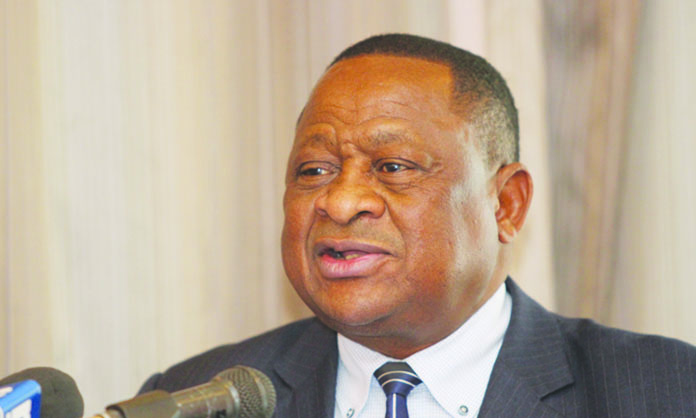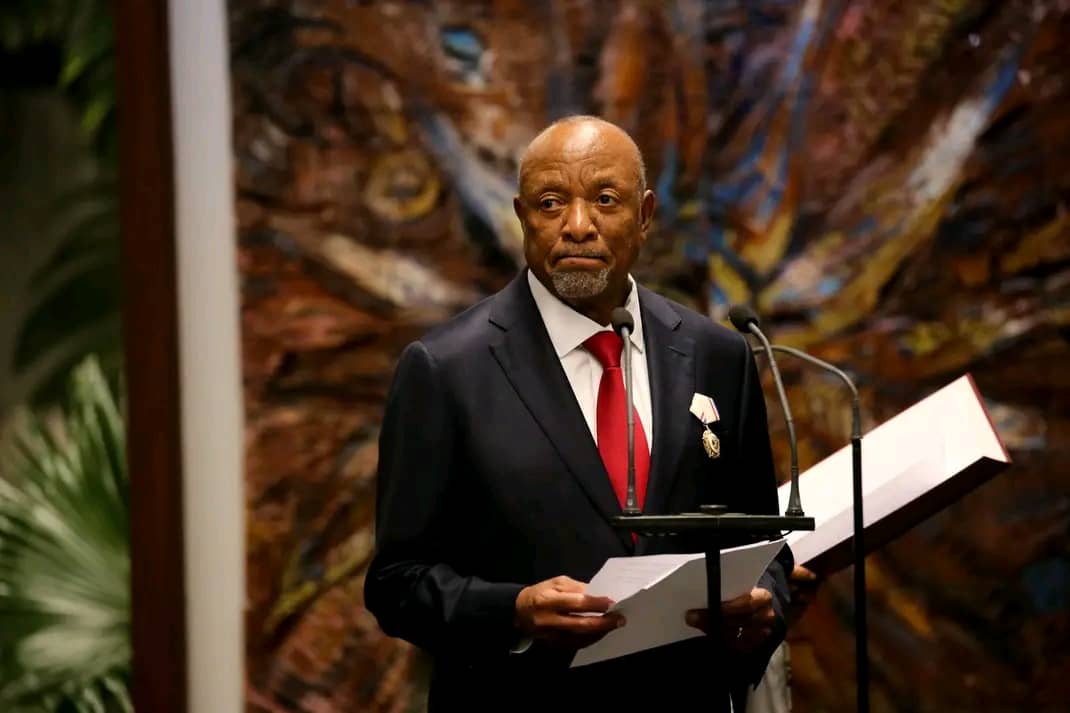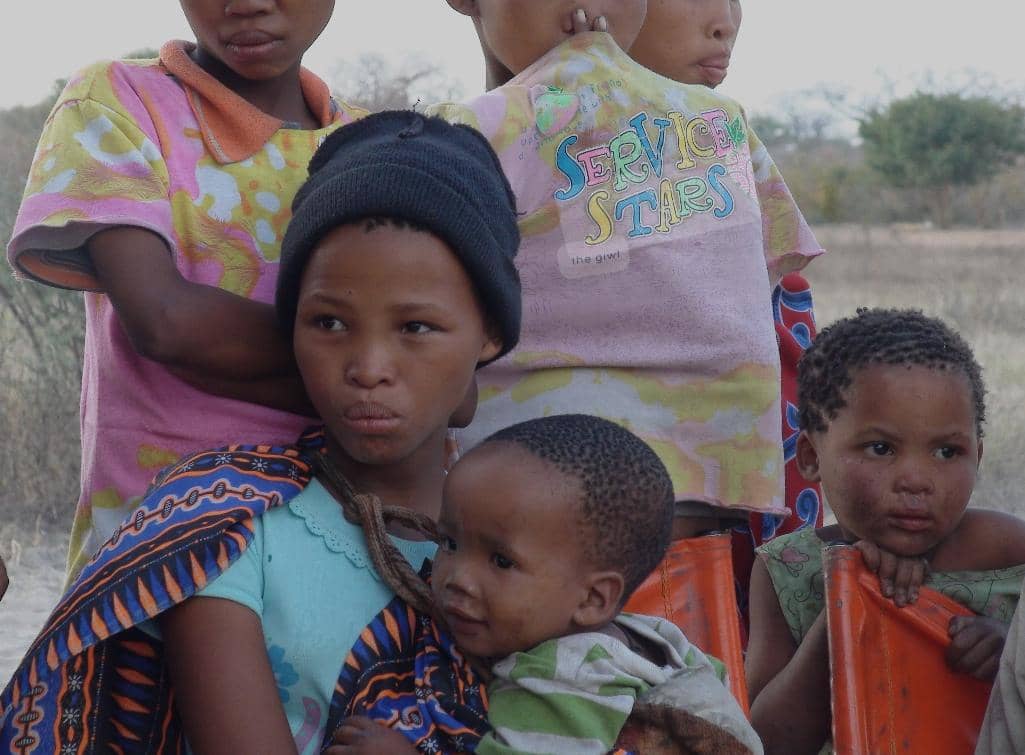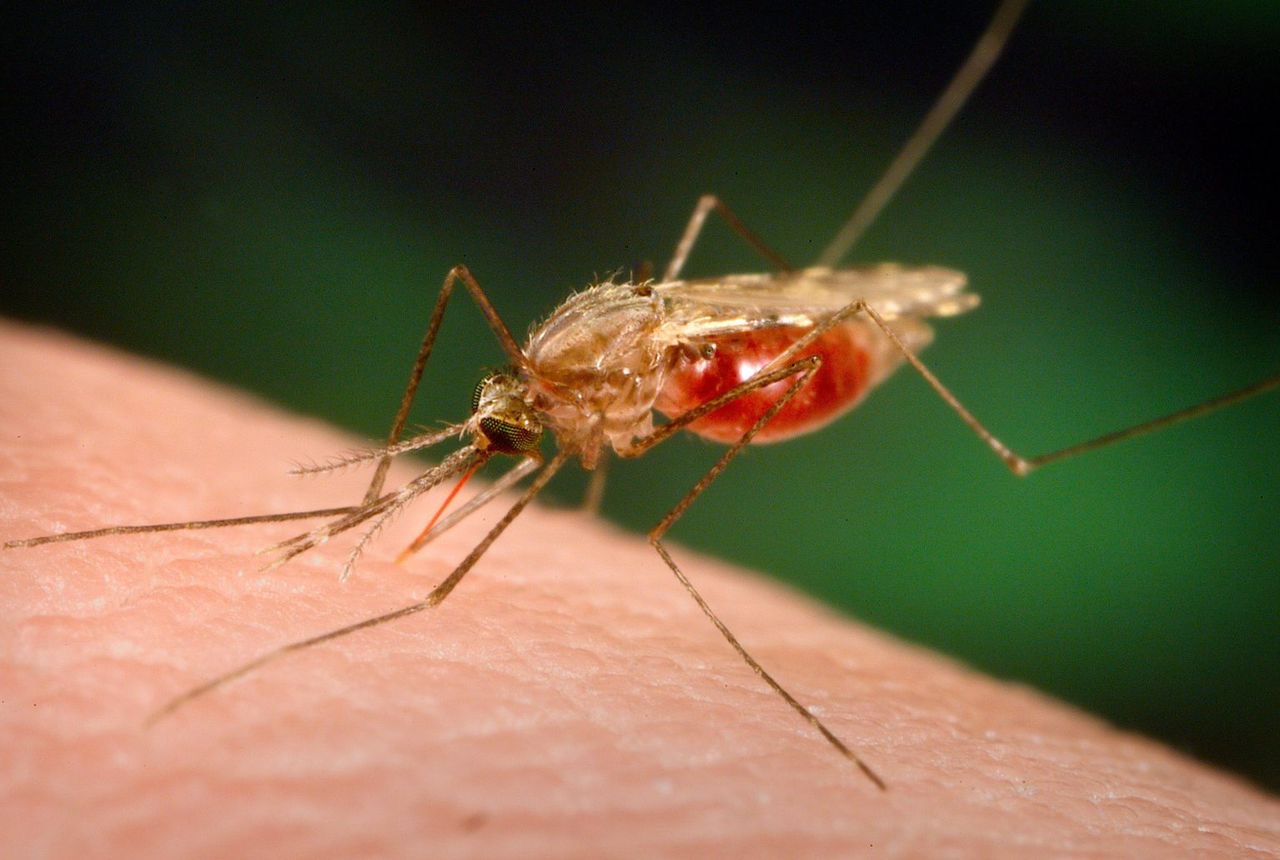The Ministry of Health and Social Services in conjunction with the Japanese government through the World Health Organisation (WHO) yesterday launched a project in Windhoek to combat malnutrition in Namibia.
The project aims to increase access to quality nutrition and protect vulnerable populations, particularly women and children, and to contribute to the reduction of illness, preventable deaths, and inequity in the Omaheke, Khomas and Kunene regions.
The project will be funded at a total cost of N$9,4 million.
Speaking at the launch, health minister Kalumbi Shangula said: “The scourge of malnutrition is being experienced in several communities in Namibia, negatively impacting their lives. For this reason, dealing with and eradicating malnutrition requires a multisectoral, whole-of-government and whole-of-society approach.” He said to effectively deal with malnutrition, people must deal with its root causes and not only its manifestations.
“Since it has to do with a lack of food, it means our point of departure is to ensure people have access to adequate food. It means families and communities must have access to the means, tools, input and land to produce food. “It means people should be provided with the necessary skills to improve food production at household level,” he said.
Shangula said people must continue implementing programmes focusing on and targeting vulnerable children.
He said school feeding interventions must be enhanced to assist those in need.
The project would have a positive impact, leading to improved overall health outcomes, reduced vulnerability to diseases, and enhanced cognitive development, thereby paving the way for a healthier, more prosperous future for the inhabitants of these regions, the minister said.
Shangula said the Omaheke region has been experiencing serious cases of malnutrition, with a number of deaths recorded last year.
Speaking at the same event on behalf of the WHO and the Food and Agriculture Organisation of the United Nations (FAO), Mary Brantuo said the support aims to address critical issues affecting vulnerable populations in Namibia.
She said the project is funded with a total of N$9,4 million from the government of Japan for this year.
Brantuo said with funding of N$14,3 million from the government of Japan, the FAO is working with the Ministry of Agriculture, Water and Land Reform and regional councils to implement the project.
The project is titled ‘Emergency Response to Enhance Resilience and Mitigate Climate-Induced Impacts on Livelihoods, Food and Nutrition Security of the Most Vulnerable Households in Namibia’.
It wil be implemented in the Kavango East, Kavango West and Ohangwena regions from March this year to March next year.
“At central level, the project will support need-based and result-oriented capacity building interventions, including training and skills transfer opportunities targeting agricultural extension staff, the vulnerability assessment committee, farmers and other stakeholders,” Brantuo said.
Stay informed with The Namibian – your source for credible journalism. Get in-depth reporting and opinions for
only N$85 a month. Invest in journalism, invest in democracy –
Subscribe Now!







